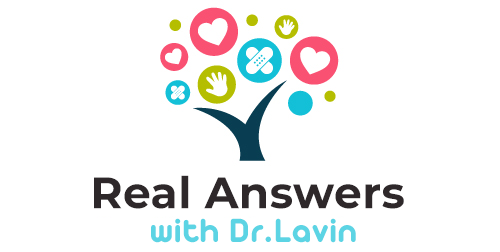 Image via WikipediaEnjoy your Soy
Image via WikipediaEnjoy your Soy
For many years a debate has been brewing about whether soybeans contain compounds that could alter human puberty and sexual development. Evidence now clearly proves it does not.
The specific concern has been that the soybean contains compounds called isoflavones, and at times phytoestrogens, that look suspiciously like estrogen.
Now, clearly eating estrogen could dramatically disrupt normal human pubertal development. Eating compounds that have estrogen powers could lead to very early puberty onset in women, and could delay puberty in men, decrease their ultimate sperm count, and cause infertility.
But one thing to keep in mind is that truly tiny differences the estrogen molecule can create rather massive differences in what the molecule does. For example, if you take actual human estrogen and only take away 3 atoms, all on the outside boundaries of this large molecule, you end up with a compound that looks almost exactly like human estrogen, except it is now called testosterone. As you all know, estrogen is the central hormone of human femininity and testosterone of human masculinity. How much more different can you get, and yet the molecules are only 3 atoms different.
Now lets consider the isoflavones, also known as phytoestrogens, found in soybeans. They look like human estrogen, but what do they actually do in the human body?
It turns out, not much.
Perhaps the most dramatic proof of this statement comes from a 2009 study
They gave young men rather massive quantities of pure soy isoflavone for nearly two months and then looked at their sperm. They made sure the men took their medicine by measuring each man’s isoflavone level in their urine- all the men had a huge rise in their soy isoflavone level.
And yet, by many, many measure of sperm health (count, motility, semen quality, etc.), there was no impact from the soybean isoflavone. Soy isoflavone levels went up and absolutely nothing happened to the sperm.
It really does look like soy isoflavone may do something for soybeans but does nothing to people.
So enjoy your soy sauces, your tofu and its mimicry products, your edamame, and soy lecithin!
Bon Appetit,
Dr. Lavin
*Disclaimer* The comments contained in this electronic source of information do not constitute and are not designed to imply that they constitute any form of individual medical advice. The information provided is purely for informational purposes only and not relevant to any person’s particular medical condition or situation. If you have any medical concerns about yourself or your family please contact your physician immediately. In order to provide our patients the best uninfluenced information that science has to offer,we do not accept samples of drugs, advertising tchotchkes, money, food, or any item from outside vendors.









No comments yet.